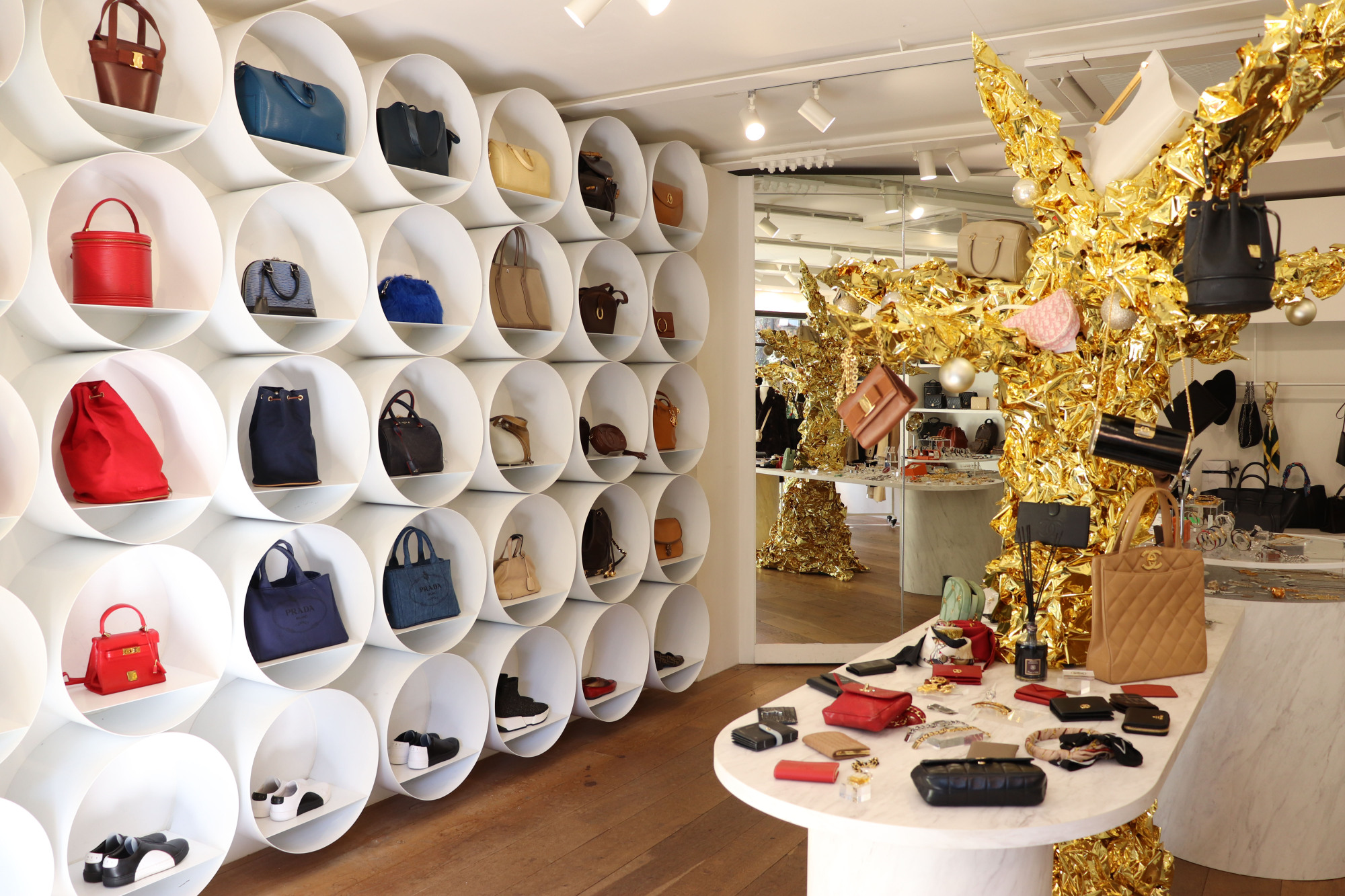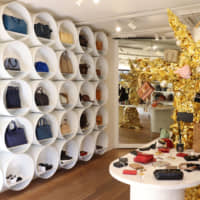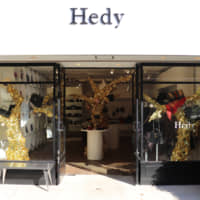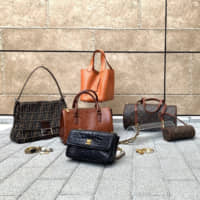Japanese fashion retailer Hedy is shaking up the market for vintage items, winning customers at home and abroad. Hedy uniquely procures and presents authentic, attractive and high-quality high-end designer brand products at low prices, all without sacrificing the luxury shopping experience.
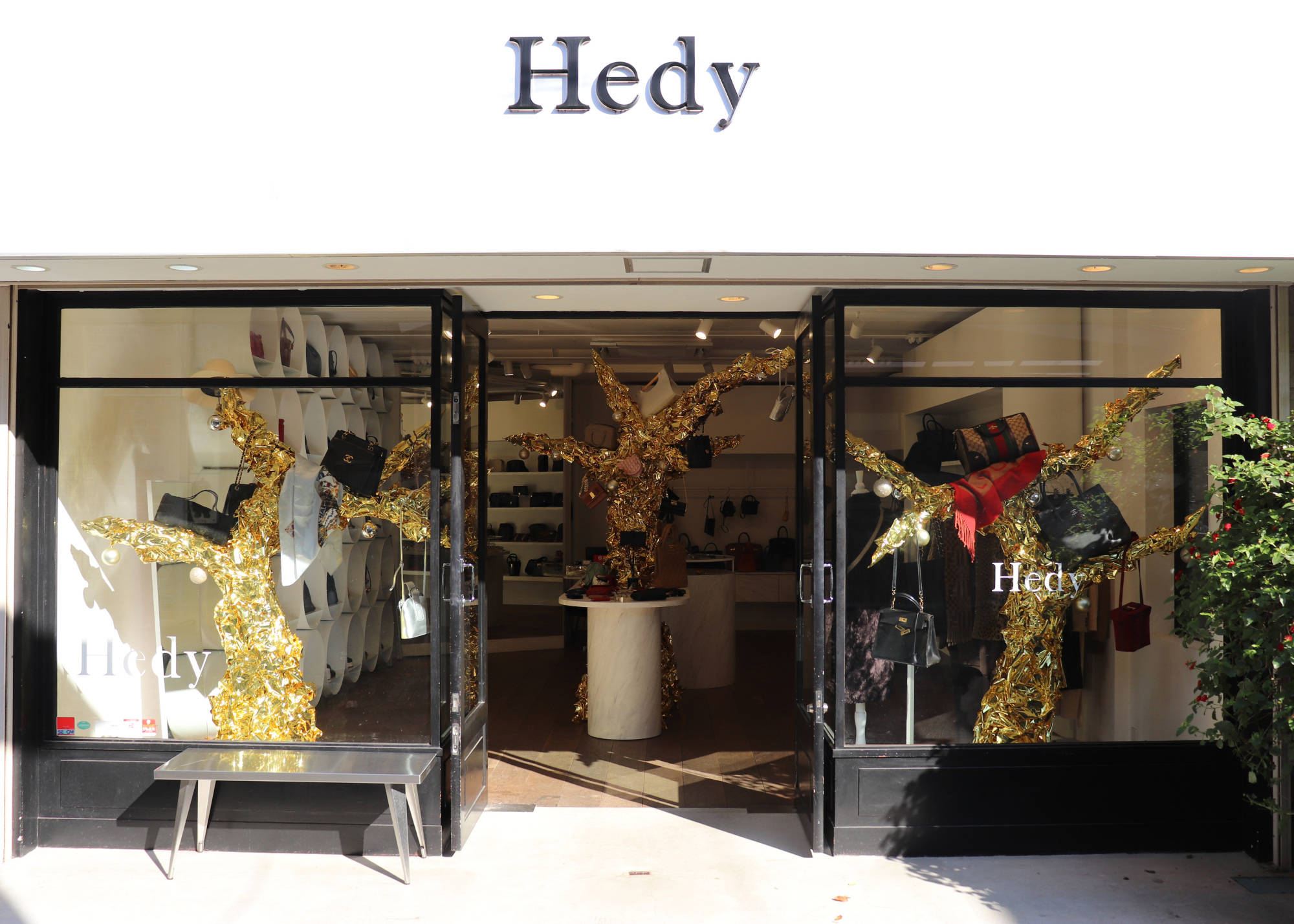
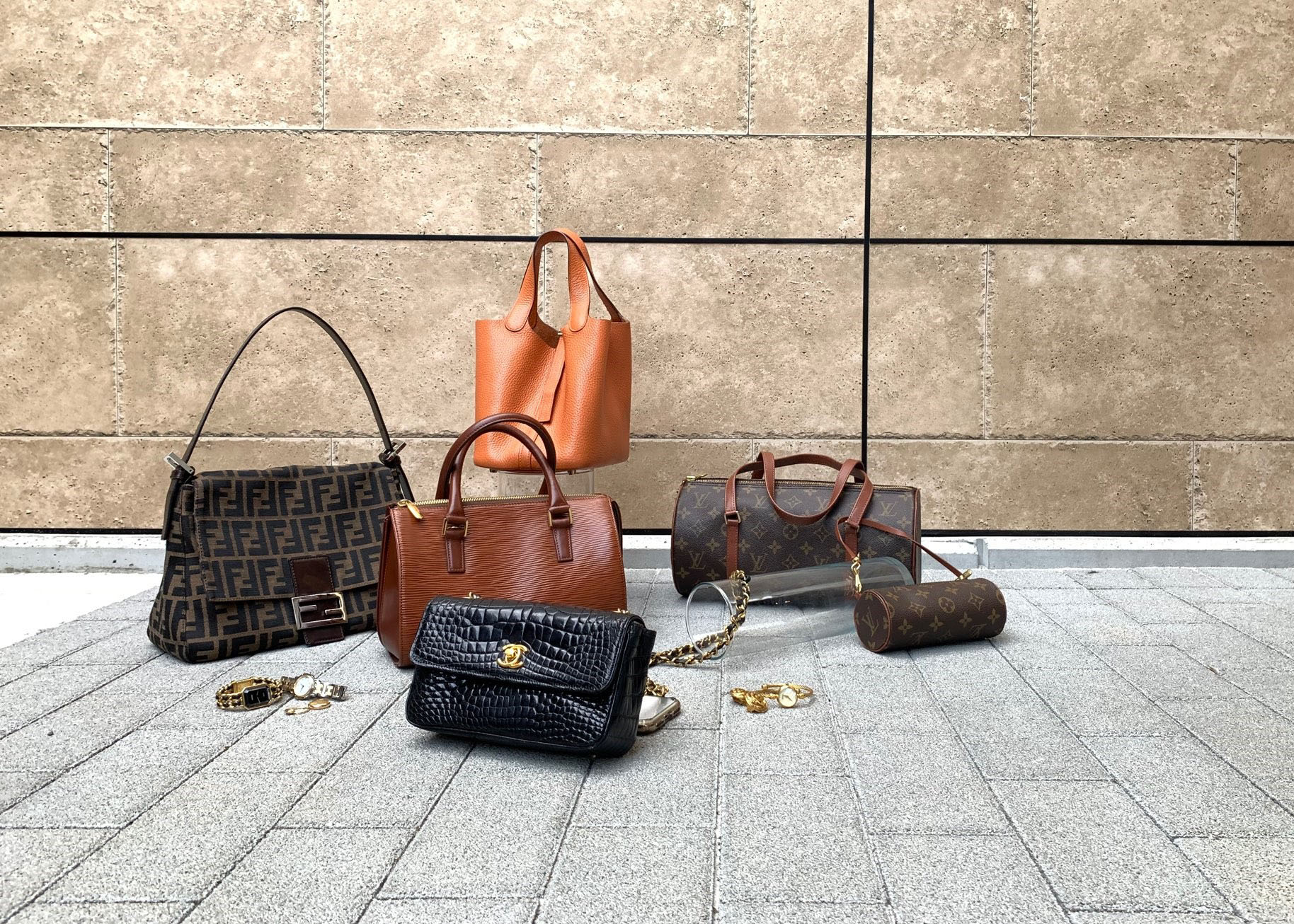
Hedy also offers “select” — meaning brand new — items, scouring the world for goods yet to go on sale in Japan as it aims to create an unprecedented global online and in-store experience for international and Japanese shoppers.
That success and ambition can be seen in a quiet corner of Tokyo inside a brightly lit shop with sleek signage located along a lane at the top of a gentle slope in trendy Daikanyama. Hedy says customers venturing there are certain to find something they can’t resist at competition-beating price and value.
Since opening early last year in the fashionable neighborhood — sometimes called the Brooklyn of Tokyo — the store has become a popular stop. This is especially so for non-Japanese seeking both high-quality previously owned luxury designer brand items as well as “select” products.
A key area of emphasis and point of pride for Hedy — a division of Tokyo-based style and brand operator Fireworks Co. — is standing out by ensuring that customers know what they are buying is genuine. Concerns about fraudulent goods are a source of anxiety when it comes to the world of previously owned items but Hedy stresses that since starting up online in 2013, no shopper has ever complained of purchasing a fake product.
“Customers really need to feel secure,” Hedy’s division director told The Japan Times in an interview at Hedy’s office in Shibuya. She added that Hedy’s expertise, including having its own in-house buyer to keep costs down, ends up not only providing products at prices lower than competitors, but value and peace of mind as well. “We think that’s where Hedy is really strong.”
Hedy’s customer base is overwhelmingly female and between the ages of 25 to 40. Product offerings are focused on accessories — earrings, necklaces, jewelry — as well as high-end brand bags and shoes, though Hedy has also recently moved into apparel.
And while vintage items overwhelmingly make up offerings both online and in store, Hedy has been branching out to offer select products and plans to further expand that effort. A few such items can already be seen in the Daikanyama store.
That establishment, Hedy’s first permanent shop, opened in March 2018, though there have been occasional pop-up stores.
At the store an array of fashion accessories is set out on a central table, surrounded by displays of shoes, bags and other items from high-end fashion brands such as Chanel, Louis Vuitton and Hermes. The modern, cozy space has the elegant feel of an upscale boutique in world fashion capitals Paris, Milan and New York.
And that atmosphere is exactly what Hedy’s creative director wants to evoke in a mission to overturn perceptions of how vintage items are sold and presented.
In Japan, that traditionally meant clothing was the main product offered up in a warm and cozy “retro” atmosphere, with store interiors characterized by lamps, curtains, plain colors and thick carpeting meant to invoke a feeling of nostalgia.
Hedy, instead, wants customers to feel they are in a space that reflects the high-quality and reliability of the merchandise it has taken the effort — and care — to procure and display through another key strength, its independent acquisition channel.
According to Hedy, non-Japanese visitors account for 70 percent of traffic at the store. While geographically diverse, shoppers from mainland China and Hong Kong are by far the biggest component. Combining the physical store and online business, which includes domestic and global sites — the latter available in English and Chinese — the mix comes to about 60 percent Japanese to 40 percent foreign.
Hedy stresses a key factor in its business success in the current age of closely watched social-media influencers is the power of platforms such as Instagram and China’s WeChat and Weibo. Hedy’s ability to attract the famous in the form of entertainers, fashion models and other personalities with a large online presence to its product lineup has been extremely effective in spreading word of its business.
In Japan, models and TV personalities are among customers who have bolstered its popularity, while internationally, Thai beauty blogger Pearypie, among others, has done so.
And with its own buying service, Hedy also sees intensifying awareness about the environment and sustainability in the 21st century as a business chance — targeting people wanting to sell possessions rather than just discard them.
“Things not being thrown away but continuing to be cherished and used over time by a variety of people, I think that is really in line with what this current era is about,” Hedy’s creative director said.
Going forward, Hedy naturally wants to expand both its online and physical presence. The division director said that means continuing to increase the ratio of foreign customers with the overall mix ideally balancing out at about 50 percent each.
Hedy has an eye on opening more stores in Japan. And given the importance of Asia to its success, the top candidate for any first overseas opening is likely mainland China or Hong Kong.
But farther out on the horizon wider possibilities loom, perhaps, one day, even New York.
“We have lots of hopes, lots of dreams,” Hedy’s creative director concluded.



